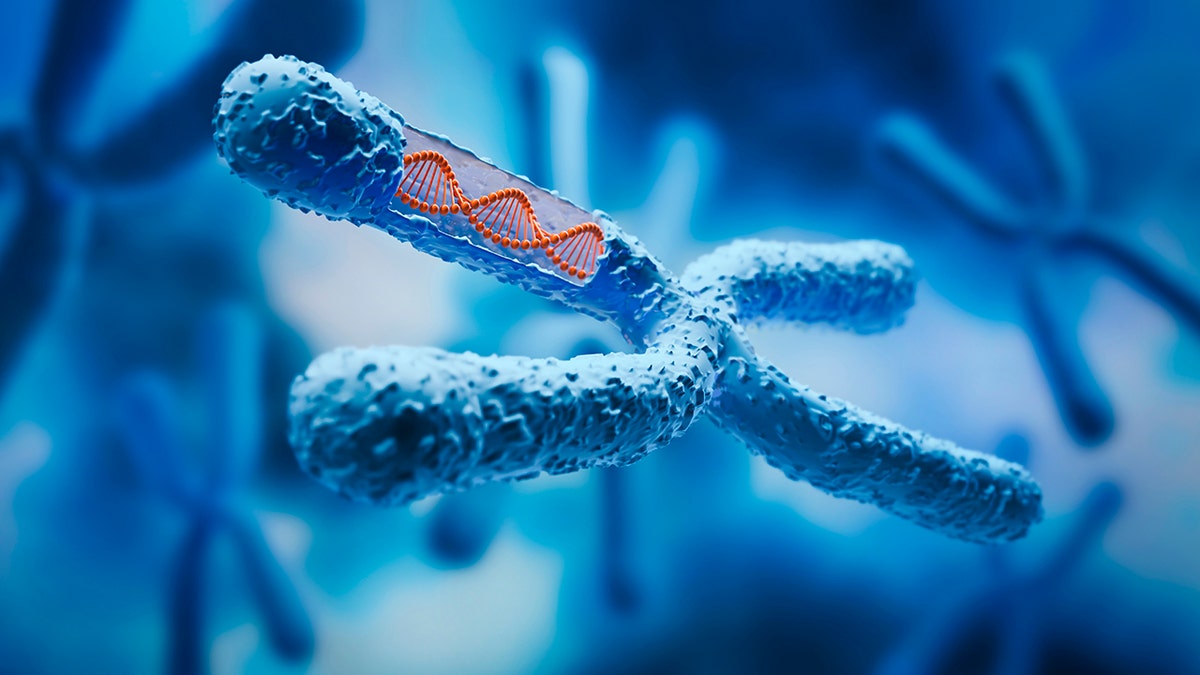Vitamin D supplements can reduce bioaging for 3 years, study found

Vitamin D may not only support bone health, but also helps the body to be slower, according to a new study led by General Brigham (MGB) at Mass and researchers at Georgia Medical School.
The study, published this month in the American Journal of Clinical Nutrition, shows that taking vitamin D supplements can prevent biological aging by slowing down telomeres, a tiny hat on DNA that naturally erodes as people age.
According to a press release from MGB, the study tracked more than 1,000 American adults (men over 50 and women over 55) and found that daily vitamin D3 can reduce biological wear and tear, equivalent to nearly three years of aging.
Studies have shown that this common vitamin reduces the risk of colorectal cancer.
Participants were randomly assigned to placebo or daily doses of vitamin D3 (2,000 IU) and omega-3 fatty acids (1 g).
At the beginning of the study, the telomeres length of the white blood cells was measured at the beginning of the study.
Studies have found that daily vitamin D3 can reduce biological wear and tear, which is equivalent to aging in the past three years. (iStock)
The researchers found that people who took vitamin D3 had significantly smaller telomere shortening compared to the placebo group.
In contrast, Omega-3 supplementation “had no significant effect on telomeres length throughout the follow-up.”
Research shows that aging may speed up in extremely high areas
This is the first large-scale long-term randomized trial showing vitamin D supplements can protect telomeres, according to co-author Joann Manson, Michael and Lee Bell professor of women’s health at Harvard Medical School.
“This is of particular interest, as life (test) also shows the benefits of vitamin D in reducing inflammation and reducing the risk of chronic diseases of aging, such as advanced cancer and autoimmune diseases,” Manson said in a press release.

According to the researchers, telomeres are composed of repeat sequences of DNA that function like the end of a chromosome, similar to the plastic end of a shoelace. (iStock)
According to the researchers, telomeres act like protective tips at the ends of chromosomes, similar to the plastic ends of shoelaces. They “prevent chromosome ending from degradation or fusion with other chromosomes.”
Click here to get the Fox News app
Over time, these DNA caps are shortened, which is the natural part of aging and at a higher risk of age-related diseases.
Therefore, scientists regard telomeres length as a sign of “biological age”, which may better reflect a person’s health than their actual age for several years.

Participants in the study were randomly assigned to placebo or daily doses of vitamin D3 and omega-3 fatty acids. (iStock)
Why it matters
Manson noted that earlier phases of the trial showed that vitamin D supplementation can reduce inflammation and reduce the risk of certain chronic age-related diseases, such as advanced cancer and autoimmune diseases.
Click here to sign up for our health newsletter
While the new telomer findings have not proved that vitamin D slows down overall aging, the researchers say it points to a potentially powerful way to protect the body at the cellular level.

The study concluded that vitamin D helps preserve telomeres, which shorten with age when they develop certain diseases. (iStock)
“Our findings suggest that targeting vitamin D supplementation may be a promising strategy for coping with biological aging processes, although further research is necessary,” said Dr. Haidong Zhu, a molecular geneticist at the Georgia School of Medicine.
Previous studies have shown that vitamin D can reduce inflammation and reduce the risk of certain age-related diseases.
The research team stressed that more work is needed to determine how vitamin D affects aging in different populations and whether these effects are tolerated over a longer time frame.
For more health articles, please visit www.foxnews.com/health
Before starting a new supplement regimen, experts recommend consulting with a healthcare provider to discuss appropriate doses and potential risks.


